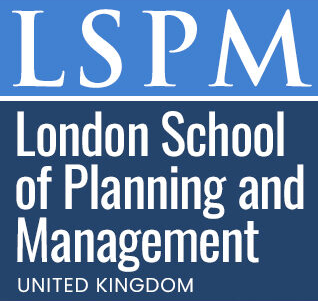Advanced Certificate in Evidence Law for Investigators
Published on June 28, 2025
About this Podcast
HOST: Welcome to our podcast, today we're talking with a renowned expert in the field of evidence law. Can you tell us a bit about your experience and what drew you to this area? GUEST: Sure, I've been working as a forensic investigator for over 15 years, and evidence law has always been a crucial part of my job. It's fascinating how legal procedures and courtroom practices can impact an investigation's outcome. HOST: That's fascinating! Now, let's discuss the Advanced Certificate in Evidence Law for Investigators. Who would benefit most from this course, and how does it help them in their careers? GUEST: This program is designed for experienced investigators, police officers, and forensic professionals. It dives deep into criminal evidence, digital forensics, and expert witness testimony. Mastering admissibility rules and chain of custody protocols can significantly strengthen case building skills and make one a more effective investigator. HOST: In your experience, what are some of the biggest challenges investigators face when it comes to evidence law? GUEST: Staying updated with ever-evolving laws and technology is a major challenge. Also, understanding the nuances of investigative interviewing techniques and report writing best practices can be tricky but are vital for successful investigations. HOST: You've mentioned the importance of staying current with laws and technology. Could you share some current trends in evidence law that our listeners should know about? GUEST: Absolutely. The rise of digital forensics is transforming evidence collection and analysis. Cybercrimes are increasingly common, so understanding data encryption, hacking, and online investigations is becoming essential. HOST: That's quite interesting. Finally, where do you see the future of evidence law going, especially considering these technological advancements? GUEST: I believe we'll see even greater integration of AI and machine learning in evidence collection and analysis. It's important for investigators to adapt and learn how to work with these new tools while still adhering to ethical and legal standards. HOST: Thank you so much for sharing your insights with us today. It's clear that the Advanced Certificate in Evidence Law for Investigators is a vital resource for professionals looking to enhance their skills and stay ahead in this dynamic field. GUEST: My pleasure. Thanks for having me!
